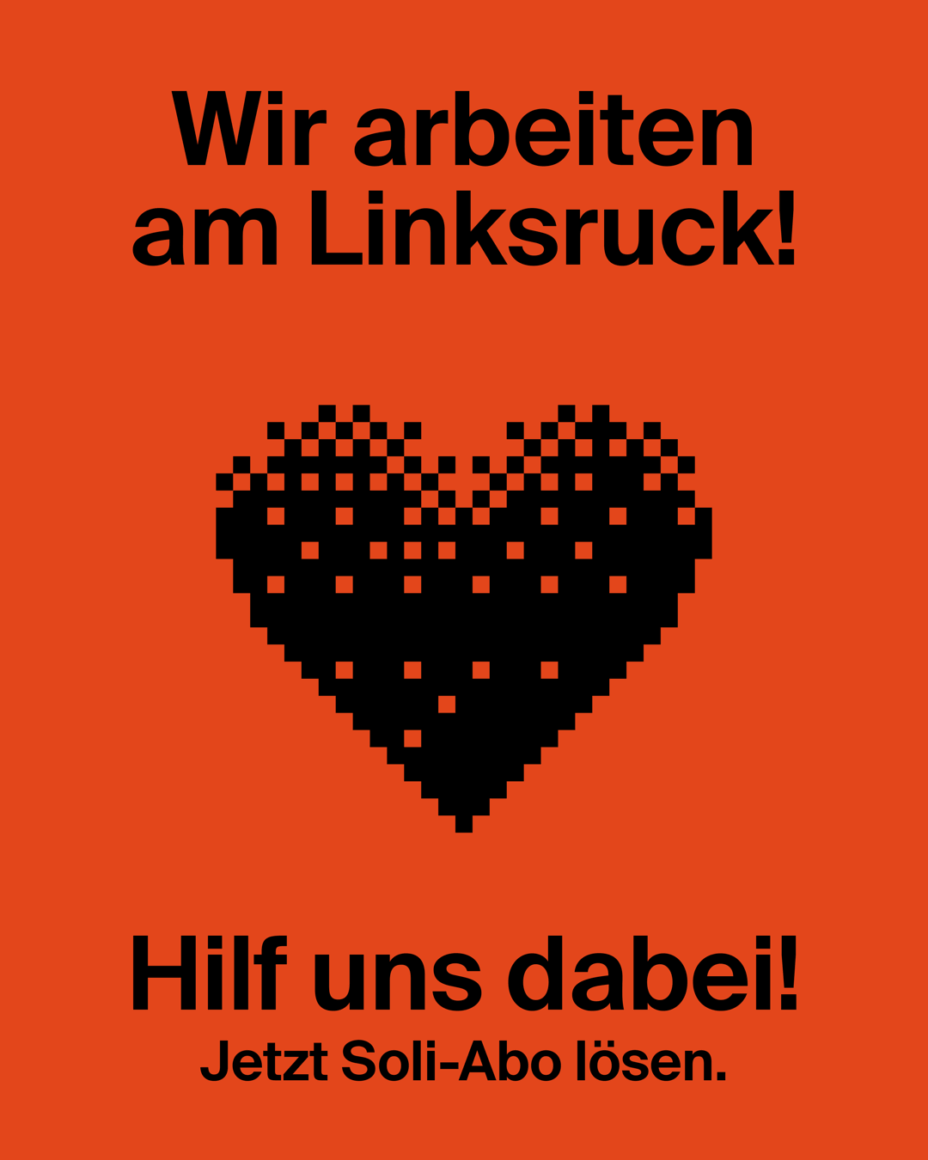In my quest to understand the Swiss and the Swiss way of life, one of the most perplexing phenomena that for me still defies simple logic is the Swiss way of practicing, reacting to, determining, and managing ‘trust’. Trust, as in the moral and ethical standard of being trustworthy.
I have tried and tried, but just as the taste and smell of cheese get more complicated based on how Swiss it is, this trust issue eludes my uncomplicated understanding. Are Swiss people much more trustworthy and trusting than others? Or just like everywhere else, there are trustworthy people just as there are untrustworthy ones? Is direct democracy as it is practiced in Switzerland reinforcing mutual trust between the government and its people?
No wallet, no problem
To start with, Switzerland remains one of those countries where economic, social and sometimes even political interactions are carried out based on trust. For instance, recently, I was on a team retreat (don’t ask me if it was in a luxurious resort, or if it was a ‘Swiss style’ retreat!). Some of us in the team got separated from the others, and the admin person who had our group tickets was part of the other group.
We waited for the next bus and when we arrived, we explained what had happened to the driver. Without asking for any proof, without questioning our explanation, without as much as an eye-blink, the driver waved us into the bus and took us on the one-hour trip to the retreat venue. For someone who has been thrown out of a bus in Oshodi (Lagos Nigeria) because the driver and the conductor did not believe the story that my wallet has just now been stolen in the bus, this act was A BIG DEAL!
Follow Medinat, as she chronicles the lived experience of a Nigerian living in Switzerland. With a mixture of humour, satire, story-telling and metaphorical symbolism, Medinat’s monthly highlights will reveal to you Switzerland and the Swiss in ways you never knew, never imagined, or never noticed. She is after all living her new Swiss life the Nigerian (Naija) way. Medinat is a Senior Lecturer at the ETH Zurich.
Another time, my husband and I ate at a restaurant for the first time. After the meal, we tried to pay via Twint (it is an electronic payment system) and while we got the notification for a successful transaction, the restauranteur did not get a notice of payment.
In Nigeria, if you eat at a restaurant and you are unable to pay for one reason or the other, the norm is that you will do menial jobs for the restauranteur in lieu of payment for that meal. This could range from doing dishes, sweeping the floors, cleaning, or even serving diners.
When the restauranteur said she did not get the payment, I already began to sweat profusely. My head was whirling thinking: How many dishes will they have us wash? She asked us to wait for some minutes to see if the payment comes in, and after about 2 minutes, she came back to us and said we can leave if we would like to.
I was like, are you serious? She asked us to drop our phone number if we would like. “You don’t need our address?” No, she said. She trusts that the payment will come in, and if it does not, she trusts that we will come back. Wow! Just Wow!
My colleague took her bicycle for repairs in a repair shop she had never been to before. She unfortunately forgot her wallet at home. She offered to come back for the bicycle the following day, but the repairer simply told her to go with the bicycle (fixed already) and return with the money the following day. She wrote to me and said “Medinat, these people have CRAZY trust in each other”, and I could not agree less. If you are used to countries where ‘pay before service’ is the order of the day, you will get why we are all so dumbfounded by the Swiss people’s way of trusting.
Distrusted Swiss Organizations
You would assume that trust is only a relational factor in social interactions but no, it is not. Even the Swiss government relates to its citizens with the highest expectation of followership based on trust. Take the Swiss voting process for instance. You get your ballot papers via post in the comfort of your home. You then vote and mail it back via the same process.
There is no expectation or assumption of electoral malpractice or rigging, both on the side of the electorates and the electoral body. No electoral monitoring by security officials is necessary. No public holidays are declared for voting or election days. The country does not come to a standstill to elect public officials!
Now the conundrum: While Switzerland is one of the most trusted and trusting countries, the country houses the largest companies and organizations operating in sectors that are highly regarded as ‘distrusted’. In which banks and private vaults do global corrupt government officials hide stolen public funds? Look no further! You remember the FIFA scandal? Guess where Sepp Blatter and his cohorts were arrested? Same answer.
Which country is the ‘neutrality insignia’ of the world but is very much active in the arms trade in conflict zones? Ermm, answer unchanged. Have you read the Panama Papers, and would you like to know whose country’s lawyers secretly helped set up phony companies for money laundry and tax evasion? You already know!
Reconciling the two images of Switzerland based on trust is a herculean task. I have seen trust in the good nature of others displayed in this country much more than anywhere else I have lived. My ‘meta-analysis’ (hope that reads as sophisticated as I intended it to) is that the political and social system of Switzerland guarantees individual and public safety in various strata of life.
The quality of life in the country is one of the highest in the world. This naturally plays into interpersonal relationships and flows into trusting that others will be as content, accommodating, understanding, and trusting as a typical Swiss is. Sometimes I get it, other times, I do not. I guess this comes with living this Swiss life the Naija way.
Journalismus kostet
Die Produktion dieses Artikels nahm 14 Stunden in Anspruch. Um alle Kosten zu decken, müssten wir mit diesem Artikel CHF 988 einnehmen.
Als Leser*in von das Lamm konsumierst du unsere Texte, Bilder und Videos gratis. Und das wird auch immer so bleiben. Denn: mit Paywall keine Demokratie. Das bedeutet aber nicht, dass die Produktion unserer Inhalte gratis ist. Die trockene Rechnung sieht so aus:
Wir haben einen Lohndeckel bei CHF 22. Die gewerkschaftliche Empfehlung wäre CHF 35 pro Stunde.
CHF 490 → 35 CHF/h für Lohn der Schreibenden, Redigat, Korrektorat (Produktion)
CHF 238 → 17 CHF/h für Fixkosten (Raum- & Servermiete, Programme usw.)
CHF 260 pro Artikel → Backoffice, Kommunikation, IT, Bildredaktion, Marketing usw.
Weitere Informationen zu unseren Finanzen findest du hier.
Solidarisches Abo
Nur durch Abos erhalten wir finanzielle Sicherheit. Mit deinem Soli-Abo ab 60 CHF im Jahr oder 5 CHF im Monat unterstützt du uns nachhaltig und machst Journalismus demokratisch zugänglich. Wer kann, darf auch gerne einen höheren Beitrag zahlen.
Ihr unterstützt mit eurem Abo das, was ihr ohnehin von uns erhaltet: sorgfältig recherchierte Informationen, kritisch aufbereitet. So haltet ihr unser Magazin am Leben und stellt sicher, dass alle Menschen – unabhängig von ihren finanziellen Ressourcen – Zugang zu fundiertem Journalismus abseits von schnellen News und Clickbait erhalten.
In der kriselnden Medienwelt ist es ohnehin fast unmöglich, schwarze Zahlen zu schreiben. Da das Lamm unkommerziell ausgerichtet ist, keine Werbung schaltet und für alle frei zugänglich bleiben will, sind wir um so mehr auf eure solidarischen Abos angewiesen. Unser Lohn ist unmittelbar an eure Abos und Spenden geknüpft. Je weniger Abos, desto weniger Lohn haben wir – und somit weniger Ressourcen für das, was wir tun: Kritischen Journalismus für alle.
Einzelspende
Ihr wollt uns lieber einmalig unterstützen?














